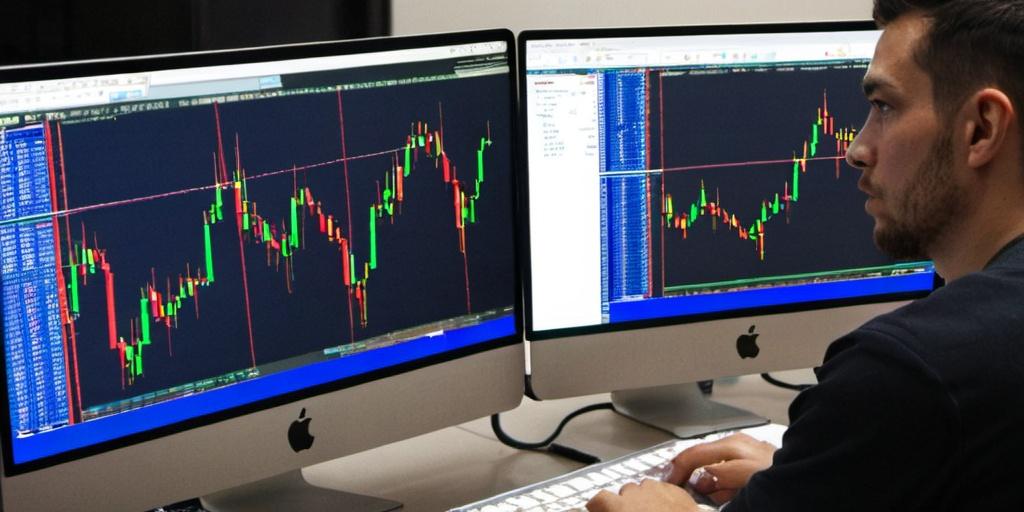Rich forex traders are individuals who have accumulated substantial wealth through currency trading—either independently or as part of larger financial institutions. While the forex market is often associated with short-term volatility and high leverage, some traders have managed to turn consistent performance into sizable fortunes. Their success is typically the result of a combination of skill, discipline, risk control, and an understanding of macroeconomic trends.
The richest traders in forex are not necessarily those with the most frequent trades or highest win rates, but rather those who understand how to manage capital, preserve gains, and scale strategies over time. Most began with modest amounts and used compounding, system refinement, and strategic capital deployment to grow wealth gradually.

Institutional vs. Retail Wealth
The majority of large-scale forex profits historically come from institutional settings. Traders working for banks, hedge funds, or proprietary trading firms have access to deep liquidity, low spreads, and large capital pools. Their trades are often based on macroeconomic themes, interest rate differentials, or cross-border capital flows. In contrast, retail traders operate on smaller accounts and must navigate wider spreads, limited leverage caps, and more variable execution quality.
However, the rise of online platforms has made it possible for independent traders to access the market with minimal capital and scale over time. Some successful retail traders transition into fund management, signal services, or trading education after proving a track record, further expanding their income beyond direct trading profits.
Characteristics of High-Net-Worth Traders
Rich forex traders often share several traits:
- Strong risk management: They rarely risk more than 1–2% of capital per trade.
- Defined trading systems: Their methods are backtested and repeatable, rather than discretionary guesses.
- Emotional discipline: They avoid overtrading, revenge trading, or chasing the market.
- Focus on consistency: Rather than aiming for large gains on every trade, they prioritize capital preservation and steady returns.
Most don’t rely solely on technical indicators. They consider interest rate policy, global economic releases, political risk, and central bank communication as part of their decision-making. Timing and patience often matter more than frequency of trades.
Notable Examples
While the forex industry has its share of inflated claims, there are several individuals widely recognized for their success in currency markets:
- George Soros is perhaps the most famous, known for “breaking the Bank of England” in 1992 with a short position on the British pound that reportedly earned $1 billion in a single day.
- Stanley Druckenmiller, Soros’s former partner, also built significant wealth through currency and macro trading.
- Bill Lipschutz, who turned a small inheritance into hundreds of millions in forex trading at Salomon Brothers, is another well-documented figure in the space.
Most well-known rich forex traders have strong institutional backgrounds, but some successful retail traders—particularly those who share verified performance records—have also achieved notable financial success.
Myths and Misconceptions
There’s a persistent myth that forex trading is a fast track to wealth. This perception is often reinforced by online marketing, social media influencers, and unregulated signal sellers who promote luxury lifestyles and unrealistic returns.
In reality, most successful traders treat forex like a business. They maintain trading journals, run detailed performance analytics, and allocate capital strategically. Their growth is gradual, not exponential. Risk of loss is ever-present, and no strategy wins 100% of the time.
Investors should be cautious when evaluating claims from unknown sources. Verified track records, audited performance, and regulatory licensing carry far more weight than social media presence or sales copy.
Resources like ATWebsites provide structured content and tools for evaluating legitimate forex trading services and platforms, helping users separate proven traders from unverified promoters.
Earning Beyond Trading
Many rich forex traders eventually diversify their income streams. Some launch hedge funds, offer trading education, license their strategies to prop firms, or provide software solutions. Others monetize their reputation through books, speaking engagements, or online courses.
This shift doesn’t negate their trading skills—it reflects the reality that consistent trading profits are hard-earned and capital intensive. By creating adjacent business models, these traders reduce reliance on market conditions and increase long-term income stability.
